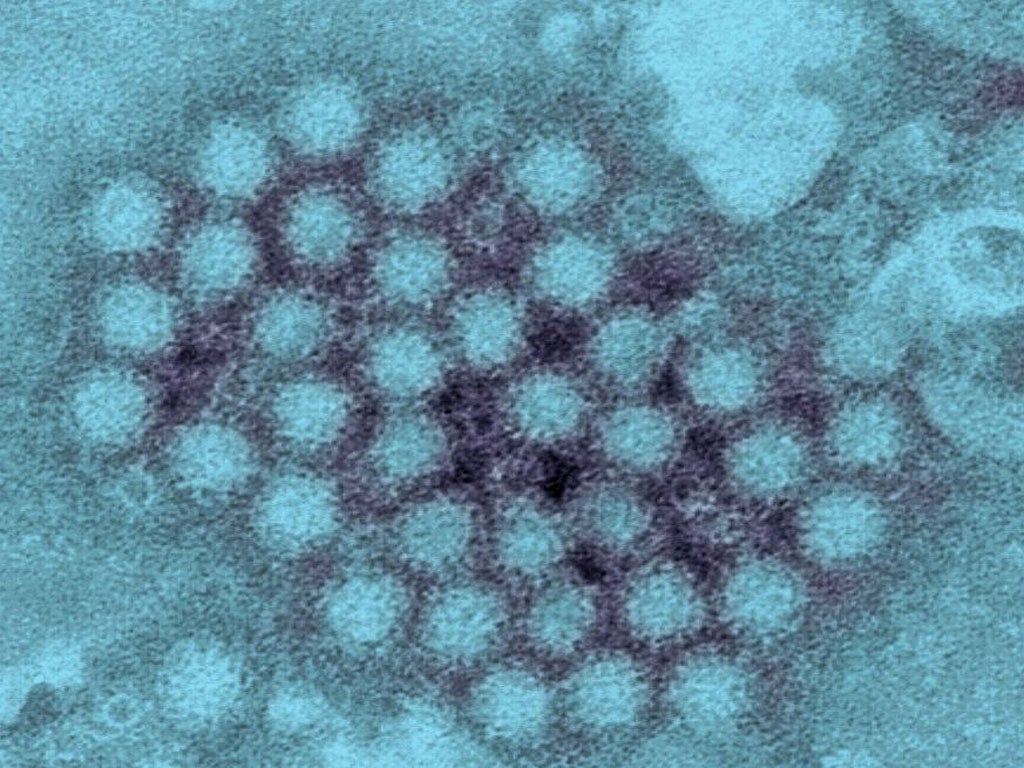Cases of winter vomiting bug Norovirus pass one million

More than one million people have been infected with norovirus, the winter vomiting bug, according to latest figures.
The Health Protection Agency today said there have been 3,538 laboratory confirmed cases since the summer, an 83 per cent rise on the same period last year.
As only a fraction of those infected with the bug seek medical help, public health experts estimate that for each laboratory confirmed case there are another 288 cases in the community, making 1.02 million in all.
There were 70 hospital outbreaks reported in the two weeks up to Christmas, an increase on the 61 outbreaks in the previous fortnight, the HPA said. Hospitals across the country have closed wards and restricted visiting to contain the virus.
Norovirus normally peaks in January but this year cases have risen earlier than expected. The HPA said it could not explain the earlier rise but a similar trend had been seen across Europe and elsewhere.
John Harris, an expert on the virus from the HPA said: “Norovirus is very contagious, and very unpleasant. To help prevent spread of the disease, it’s important that people who believe they are unwell with the virus maintain good hand hygiene and stay away from hospitals, schools and care homes, as these closed environments are particularly prone to outbreaks which can cause severe disruption.”
Norovirus is generally a mild illness – most people recover in a couple of days - but in the unwell or elderly it can be more serious. It is highly contagious and is transmitted by touch, contact with contaminated surfaces or consuming contaminated food or water.
There is no treatment but most people recover in 48 hours. Doctors advise taking paracetamol if there is fever or a headache, drinking plenty of fluids and allowing nature to take its course.
Join our commenting forum
Join thought-provoking conversations, follow other Independent readers and see their replies
Comments